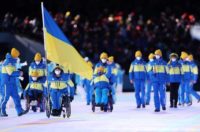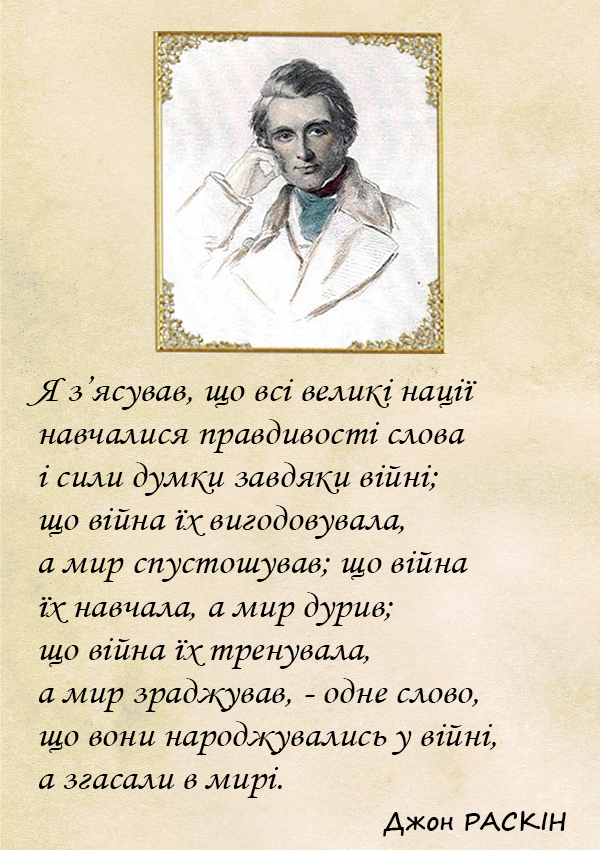
(book review)
“War doesn’t negate decency.
It demands it, even more than in times of peace.”
4/5 ★
Khaled Hosseini’s ‘The Kite Runner’ is a story that is both shocking and heartbreaking, yet also touching and thought-provoking. It explores themes of friendship and betrayal, guilt and redemption, and the impact of moral decline. The story’s set against the chaotic political situation of Afghanistan in the early 1970s.
The story focuses on Amir, a wealthy Afghan boy in Kabul, and his best friend and servant, Hassan, a Hazara. Despite their deep soul connection, the gap of social inequality between them is vastly noticeable. One day something terrifying happens that’s gonna ruin their friendship forever. As Amir grows up, he immigrates to the US and starts a new way of life, but his inaction and betrayal of a best friend in childhood haunt him the rest of his life, making him feel guilt and regret. Despite his career and family, his past occupies his thoughts and pulls him back to Afghanistan. There, he finally faces an opportunity for redemption, but things are dramatically getting complicated (I won’t give you any spoilers because I highly recommend you read this book yourself).
I liked Hosseini’s storytelling style with its vivid representation of Afghan culture and its brutal truth about life in Afghanistan during the Soviet occupation and Taliban rule. Through Amir’s journey, the author raises serious social issues, like social inequality, the devastating effects of war, racism, sexual and physical violence, and the problem of a moral choice. However, here the author also plays on contrast—trying to give readers hope and incline them to the side of kindness, which is traced in the second part of the book. I especially remember the quote: “There is a way to be good again.”
While the book is definitely a page-turner, it’s not impeccable. Personally, I struggled to sympathize with Amir as a protagonist. His egocentric decisions and lack of personal growth for most of the story made it difficult for me to stick up for him, even though he tried to atone for his guilt. Furthermore, the ending left me unsatisfied — I really wish it wouldn’t be a cliffhanger. Let’s say the book does not have a classical happy ending — it offers hope but fails to give you a logical finale. Though I realize that this must have been intentional, to reflect life’s difficulties and injustices, I prefer a more clear conclusion in the novels.
However, ‘The Kite Runner’ is absolutely worth reading because it evokes a wide range of emotions. While reading, I was feeling happy, upset, heartbroken, then frustrated, then happy again, and once I was so angry I almost threw the book across the room! Khaled Hosseini’s mastery of touching the reader’s hearts is remarkable.
I truly recommend ‘The Kite Runner’ to readers ready to face its complex but important topics. Also, the depiction of difficult issues makes this book a must-have reading for anyone seeking to learn and comprehend Afghanistan’s history and culture. This book requires reflection and will make a lasting impression on you.


























































Залишити відповідь